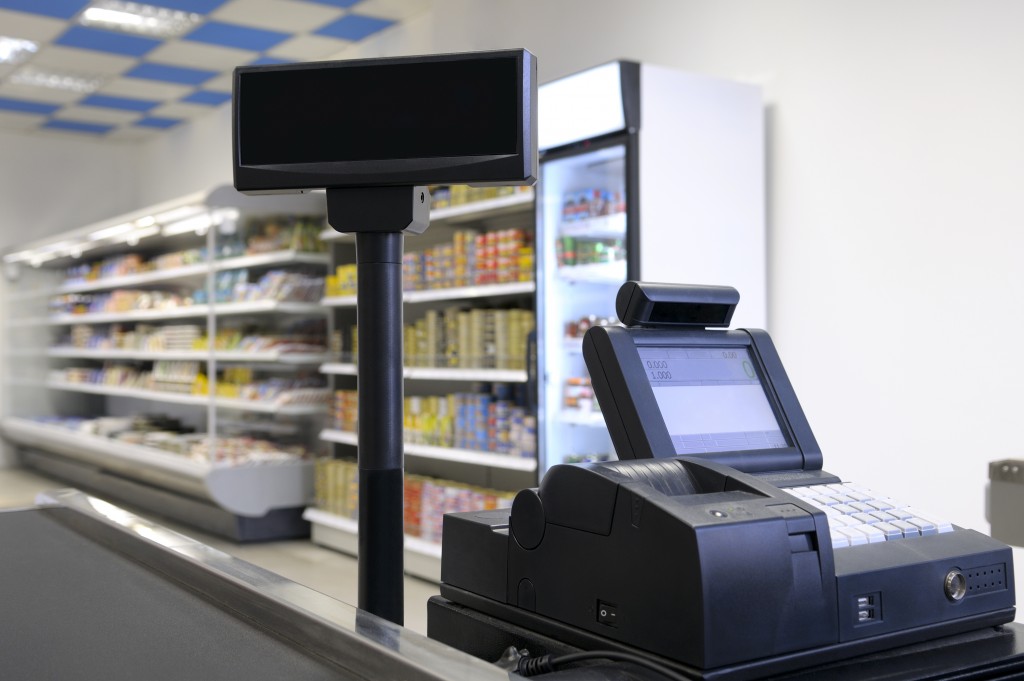Oral health is important for overall health, but sometimes accidents happen. Whether you have a chipped tooth, a lost filling, or something else, it’s important to know what to do in a dental emergency.
Common Dental Emergencies
There are a few dental emergencies that are more common than others. Here are some of the most frequent dental emergencies and what you can do about them:
Chipped Tooth
If you have a small chip in your tooth, rinse your mouth with warm water and apply a cold compress to the area to reduce swelling. See your dentist immediately if the chip is large or you have pain or bleeding. If a tooth has come off, place it in milk or saliva (spit into a container if it’s your tooth) and take it to the dentist. The dentist may reattach the missing piece of the tooth.
There are many reasons why teeth may chip or crack, such as chewing on hard objects or eating certain foods. Sometimes, an accident can cause a chipped tooth. Other possible causes of this problem include an imbalanced bite or uneven teeth.
Lost Filling
If you lose a filling, rinse your mouth with warm water and apply a cold compress to the area to reduce swelling. You can also put sugarless gum in the cavity to protect it until you can see your dentist. You can also try to put the filling back in place with dental cement, but make sure you see your dentist as soon as possible.
Fillings can come out for various reasons. One common reason is eating hard foods that can dislodge the filling. Another possibility is tooth decay that has reached the filling, causing it to loosen and fall out. Grinding or clenching your teeth can also lead to a lost filling. You can try to keep it in place by biting down on sugarless gum or using dental cement, but you’ll need to see your dentist have it replaced.
Knocked-Out Tooth
If you knock out a tooth, find the tooth and hold it by the crown (the part that’s visible in your mouth). Rinse off any dirt but do not scrub it or remove any tissue attached to the root. If possible, put the tooth back in its socket and bite down on a piece of gauze to keep it in place.
A knocked-out tooth or avulsion happens when there is enough force on the tooth to cause it to be completely dislodged from its socket. This can happen due to an accident or trauma, such as a fall or being hit in the face with a ball. It can also happen if you try to open something with your teeth, such as a bottle cap.
Every year, more than 5 million individuals in the United States lose a tooth. The most common dental trauma affects children between 7 and 11. Males are twice as likely to suffer from dental injuries as females. A knocked-out tooth is worth a trip to the dentist office because there is a chance it can be re-implanted if you act quickly enough.
Broken Braces or Wires
If you have broken braces or wires, try to cover any sharp edges with wax before picking up an orthodontist appointment. In the meantime, be sure to avoid hard foods and brushing near the broken appliance.
If your archwire snaps or comes out of place, visit your orthodontist, so they can fix it. They will know how to remove the broken wire and replace it without causing you any pain. If you try to fix it yourself, you could end up hurting yourself more.

Milk and Knocked-Out Tooth
It was mentioned that milk is good for storing a knocked-out tooth. The science is that milk creates an optimal environment for teeth because the root cells don’t swell and burst as they do when submerged in water. The proteins balance the acid-to-alkaline levels, have anti-bacterial properties, and contain sugars to encourage cell growth. While milk is a good option for storing a knocked-out tooth, it’s only temporary. You have to get to a dentist within 30 minutes, or the sugars in the milk will start to break down the tooth and may cause infection.
Saliva is better than nothing if milk isn’t available, so place the tooth inside the person’s mouth, next to their cheek. Ensure they don’t swallow it — keeping their teeth together will help.
In Summary
If you have a dental emergency, staying calm and knowing what to do is important. Rinsing with warm water and applying a cold compress can help reduce pain and swelling for some injuries. You’ll need to see your dentist immediately for others, such as a lost filling or knocked-out tooth. Knowing what to do in a dental emergency can help save your smile.

